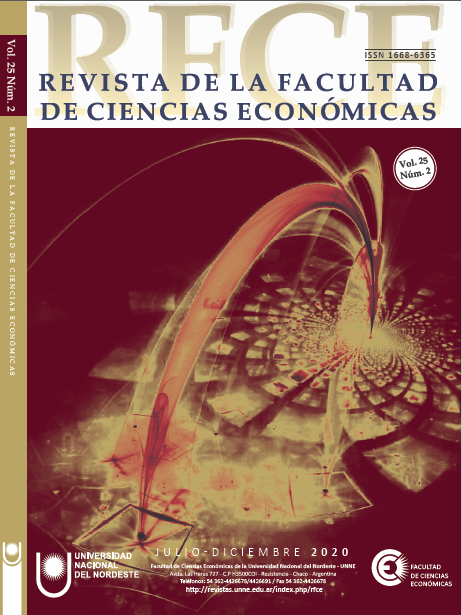From Latin America to Brazil: argentine foreign policy vis-á-vis the United States
DOI:
https://doi.org/10.30972/rfce.2524563Keywords:
argentine foreign policy, autonomy, United States, Latin America, BrazilAbstract
Argentina’s relationship with the United States was historically unstable, largely through recurrent discord between the two countries. Argentina’s foreign policy, with an autonomist vocation, sought to modérate Washington's influence on its decisions and actions through alternatives aimed at opening or expanding margins of intemational maneuverability. The target of this work is to analyze the alternative chosen by the Argentine foreign policy to confront the American hegemony in two different moments, in order to describe and evaluate the autonomist realization of such a policy. One of the moments was the Cold War scenario in which democratic governments chose to prioritize Latin America and the countries of this region. Another stage there were the first years of the current century, in which the governments kirchneristas privileged South America and the countries of this subregion. The conclusion is that Argentina, when it turned to Latin America, relegated the United States without replacing it with another powerful actor, as well as relieved its dependence on hegemon when it concentrated its foreign policy in South America, although in this case it reinforced dependence with Brazil.Downloads
Published
How to Cite
Issue
Section
License
La Revista de la Facultad de Ciencias Económicas solicita sin excepción a los autores una declaración de originalidad de sus trabajos, esperando de este modo su adhesión a normas básicas de ética del trabajo intelectual.
La Revista de la Facultad de Ciencias Económicas de la Universidad Nacional del Nordeste, Argentina, declara e informa que no se aplica a los autores ningún cargo ni costo, por la publicación de los artículos. La distribución y acceso, son de carácter libre y gratuito.
Este obra está bajo una licencia una licencia de Creative Commons Reconocimiento-NoComercial-SinObraDerivada 4.0 Internacional.





